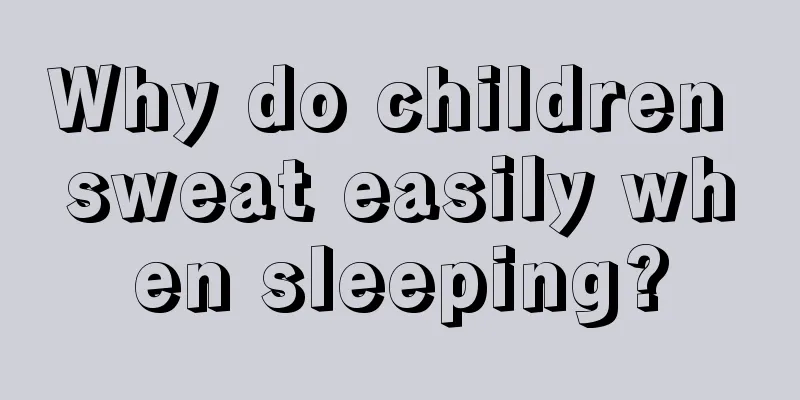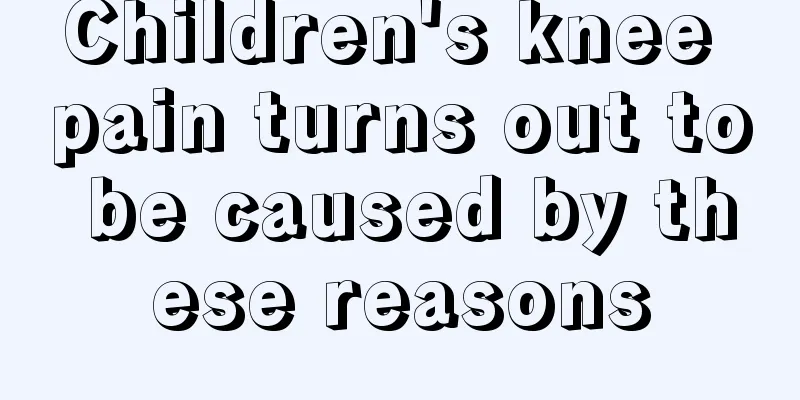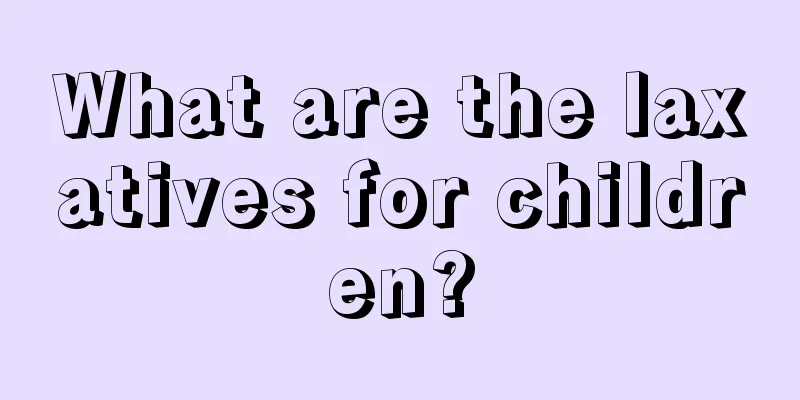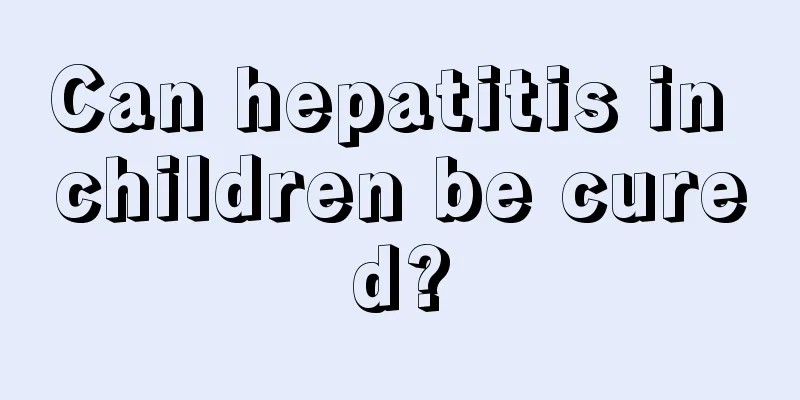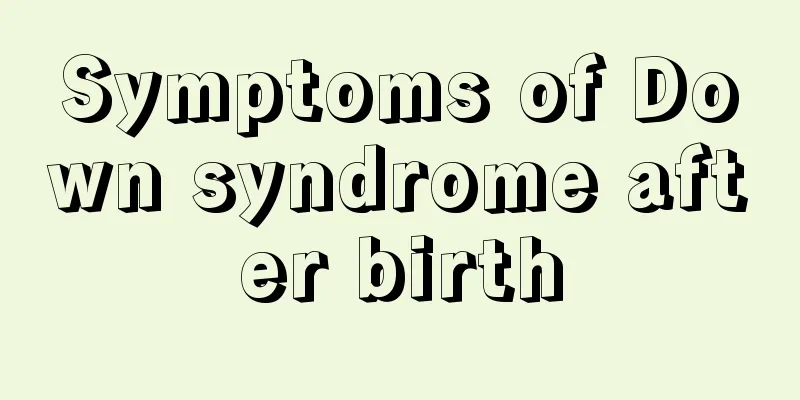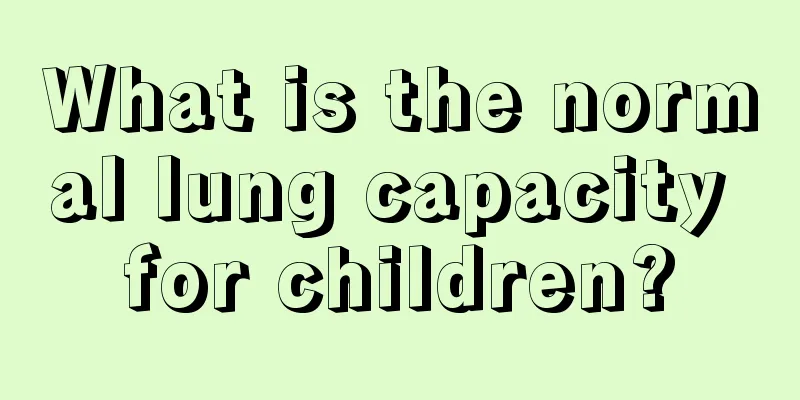What is wrong with 3-year-old indigestion?

|
Some children may experience indigestion when they are two or three years old. At this time, the child will often complain of stomach pain. When specifically asked, it will be found that the child has upper abdominal pain. During this period, the child's appetite decreases significantly, and in severe cases it may even lead to nausea and vomiting, or stomach bloating and discomfort. This is often because the child's gastrointestinal function is affected for some reason, so special attention should be paid to indigestion in 3-year-old children. There are no characteristic clinical manifestations of functional dyspepsia in children, mainly including upper abdominal pain, upper abdominal distension, early satiety, belching, loss of appetite, nausea, vomiting, etc. One or a group of symptoms are often the main ones. The symptoms may also change during the course of the disease. The onset is usually slow, and the disease lasts for years. The symptoms are persistent or recurrent. Many patients have dietary, mental and other triggering factors. Upper abdominal pain is a common symptom. Some patients have upper abdominal pain as the main symptom, with or without other upper abdominal symptoms. Upper abdominal pain is often irregular. In some patients, upper abdominal pain is related to eating, manifesting as fullness pain, which is relieved after eating, or persisting between 0.5-3.0 hours after a meal. Early satiety, abdominal distension, and belching are also common symptoms, which may occur alone or in a group, with or without abdominal pain. Early satiety refers to a feeling of fullness shortly after eating, resulting in a significant reduction in food intake. Upper abdominal distension often occurs after meals, or persists and worsens after meals. Early fullness and epigastric distension are frequent with belching. Nausea and vomiting are uncommon and often occur in patients with significantly delayed gastric emptying, with vomiting usually of the gastric contents of the meal. Children often start to eat by themselves when they are around 3 years old. If children of this age have indigestion, parents should not let them eat barbecued food or fried food to avoid increasing the burden on the gastrointestinal tract due to eating these foods, which would make the indigestion worse. Also, parents should pay attention to the fact that children have indigestion, and they should urge their children to chew their meals slowly. |
<<: Why does my baby have bad breath and grind his teeth?
>>: What to do if a 7-year-old child has poor digestion
Recommend
Baby milk leaking from mouth
It is normal for babies to have milk in the corne...
Can infant developmental delay be cured?
For many parents, the development of their baby i...
Why does my child cough and retch?
Children will always develop various symptoms dur...
How to quickly treat constipation in children?
Although constipation in children is not a seriou...
What are the recipes for 27-month-old babies?
With the continuous improvement of living conditi...
Does the child have worms in the anus? What are the symptoms of worms?
Now many parents will find that their babies ofte...
Can a three-year-old baby drink honey?
For many people, babies are the apple of their ey...
How to treat bedwetting in children?
In life, it is normal for children under 3 years ...
Newborn baby fever
After the baby goes out, the young body will reac...
What to do if your child's nose is sore from inflammation
Children are young and have relatively poor immun...
What to do if the baby falls to the ground
Many parents are first-time parents and do not ha...
What to do if your child has cough and asthma
The symptoms of cough in young children cannot be...
Why does a baby cry before pooping?
Children always like to cry and will be distresse...
What should I do if my child has a fever after vaccination?
Getting vaccinated is a very good thing, as it ca...
How to care for baby’s physiological diarrhea symptoms?
Clinically, diarrhea is mainly divided into physi...


